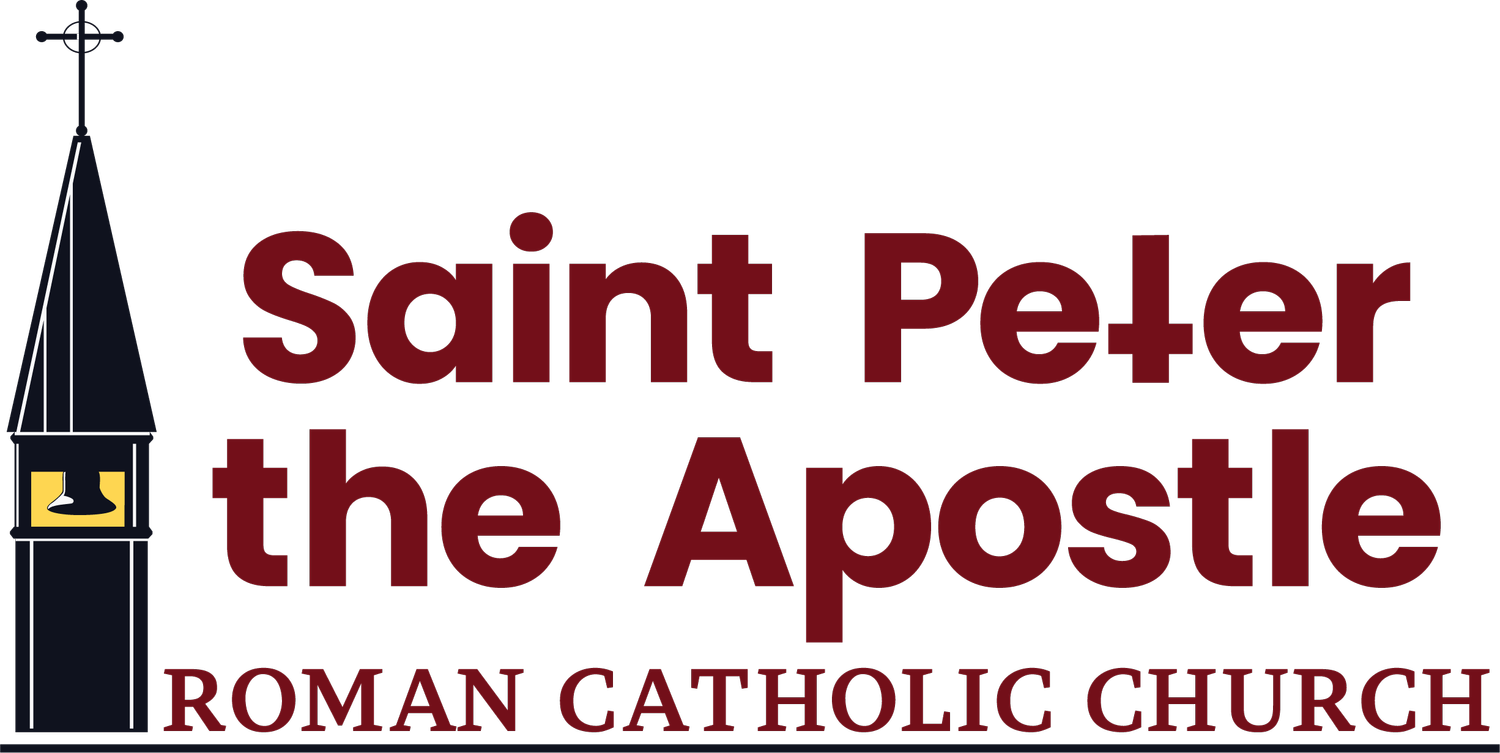Giving FAQs
Still not finding the information you need? Contact the Rectory at 201-261-3366. We’re happy to help!
-
The Sunday collection makes up the majority of St. Peter’s ordinary income and is used to fund the operating costs of the parish. This includes utility bills, staff salaries, ministry costs, etc.
An unrestricted gift is a contribution in which the donor does not specify how the funds should be used. This kind of gift is the most flexible and allows St. Peter’s to use your gift wherever it’s most needed or for the most immediate priorities. This kind of gift is assessed.
A restricted gift can only be used to fund the purpose you designate when you make the gift. For example, a gift to the maintenance fund or to the Heritage Fund would be a restricted gift. This kind of gift is not assessed. If you are interested in making a restricted gift, please first contact the Rectory to ensure that your gift can be used most effectively.
-
Each family must prayerfully discern and decide what size gift is appropriately sacrificial and intentional for their specific circumstances. As a guide, you can think of your giving according to the 5 P’s:
Planned: Gifts are carefully discerned, not last minute or an afterthought.
Priority: Proverbs 3:9 says “Honor the Lord with your wealth, with first fruits of all your produce.” We don’t give God our leftovers. Switching to electronic giving may help you make giving a priority in your budget.
Percentage: We give a percentage of our income as an act of worship in our place of worship. While the biblical tithe is 10%, the "%” is more important than the “10.” 1% or 2% is a great place to start.
Progress: As we continue to grow and mature as disciples, our giving percentage grows too.
Prayerful: Of course, all of this discernment can only be accomplished with the guidance of the Holy Spirit. Ask God to help you!
-
St. Peter’s would not be able to operate without the generosity of our parish family. Your financial support pays for everything from utility bills, liturgy supplies, ministry costs, and staff salaries for both priests and lay people. All our parish events and offerings are funded through your donations.
-
A planned gift, sometimes called a legacy gift, is a charitable donation arranged in the present but realized in the future. Often, this is done through estate planning or some other financial strategy. Planned giving offers significant benefits for both the donor and St. Peter’s.
-
Make checks payable to St. Peter the Apostle Church. Include the specifics of your donation in the memo (Sunday Offering, a specific restriction, etc.) If you have any questions, contact the Rectory at 201-261-3366.
-
This program works securely and directly with your bank, credit, or debit card in the same way as other electronic funds transfer payments you may already conduct (such as utility bills or your mortgage payment). All transactions are processed electronically, debiting your bank account or charging your credit/debit card automatically for the amounts you designate.
-
Call the Rectory at 201-261-3366 and let us know that you have switched to online giving and no longer wish to receive envelopes. It may take two cycles to update your preferences. If you continue to receive envelopes after these two cycles, contact the Rectory.
-
Yes! You can donate stocks and other marketable securities. St. Peter’s partners with the Archdiocese of Newark to process these kinds of gifts. Contact Marissa Dabakian at 201-261-3366 or mdabakian@saint-peter.org to learn more about making these kinds of gifts.
-
There are two ways to make a gift to a Second Collection:
Put your offering in the designated envelope and drop it in one of the collection boxes located at the entrances to the church.
If you give through online giving, you may designate your gift to the second collection on the preferences page of your account.
-
As good stewards of God’s gift of treasure from you, St. Peter’s plans and saves for the future by setting aside reserves to cover maintenance and repairs, and for unanticipated drops in Sunday collections.
